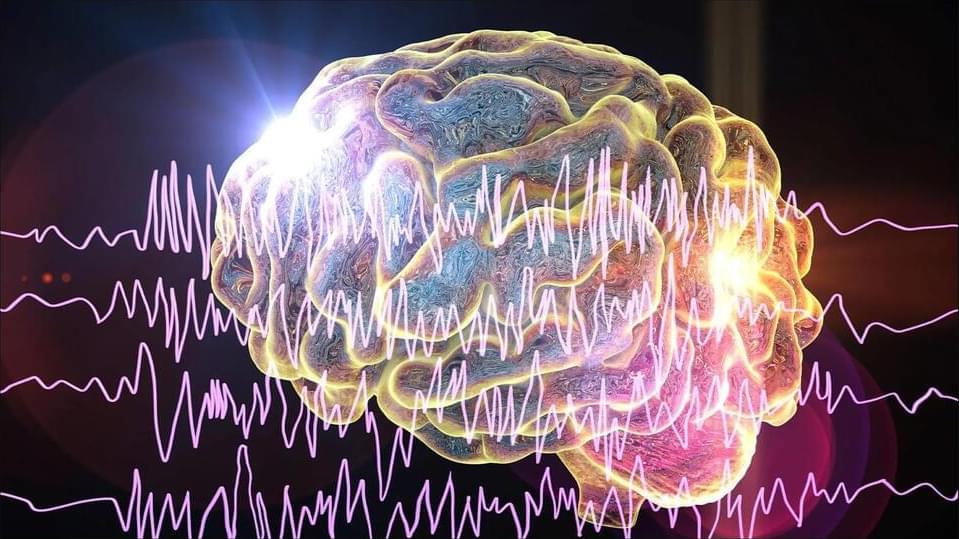Mayo Clinic researchers have developed new artificial intelligence (AI)-based tools to pinpoint specific regions of the brain with seizure hotspots more quickly and accurately in patients with drug-resistant epilepsy. Their study, published in Nature Communications Medicine, highlights the potential of AI to revolutionize epilepsy treatment by interpreting brain waves during electrode implantation surgery. This transformative approach could significantly reduce the time patients spend in the hospital, accelerating the identification and removal of seizure-generating brain regions.
“This innovative approach could enable more rapid and accurate identification of seizure-generating areas during stereo-electroencephalography (EEG) implantation surgery, potentially reducing the cost and risks of prolonged monitoring,” says Nuri Ince, Ph.D., senior author of the study and a consultant in the Mayo Clinic Department of Neurologic Surgery.
Drug-resistant epilepsy often requires surgical removal of the seizure-causing brain tissue. A first step in that treatment is typically a surgery that involves implanting electrodes in the brain and monitoring neural activity for several days or weeks to identify the location of the seizures.









Leave a reply